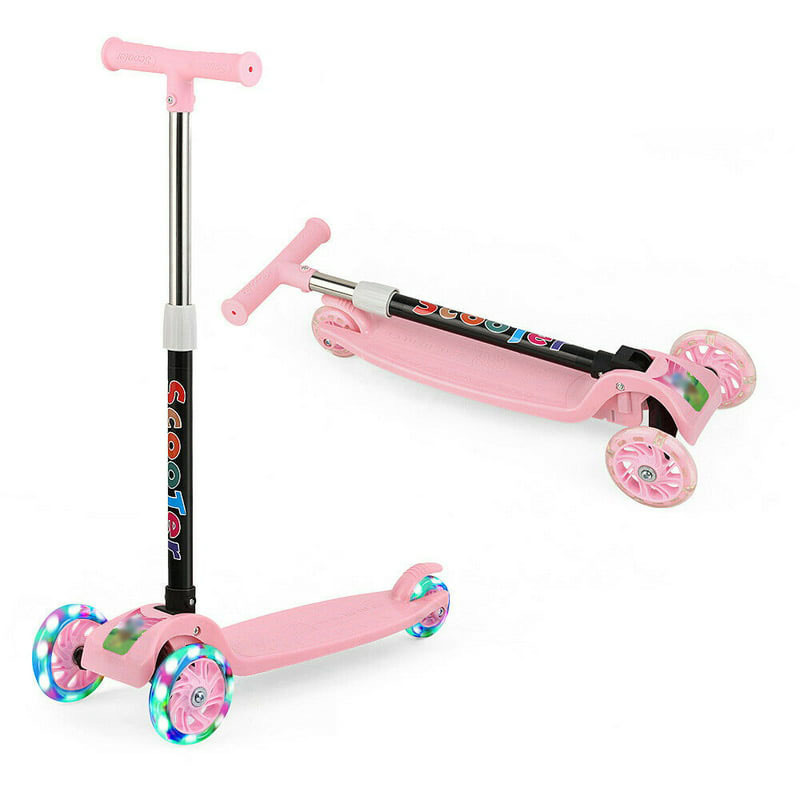Understanding the Weight of a Kids Scooter A Comprehensive Guide
When it comes to choosing the right scooter for your child, one of the most critical factors to consider is its weight. The weight of a kids scooter can significantly impact the child's safety, ease of use, and enjoyment. In this article, we will explore the various aspects of scooter weight, why it matters, and how to choose the best option for your child.
The Importance of Scooter Weight
The weight of a kids scooter is essential for several reasons. First and foremost, a lighter scooter is easier for a child to handle. Children, especially younger ones, may struggle to maneuver heavy scooters, which could lead to frustration or, worse, accidents. A scooter that’s too heavy may not only be difficult to push or lift but also risky if a child loses control.
Additionally, a scooter that is lightweight can be more portable. Families often take scooters to parks or on vacations, and having a lightweight option can make transporting it easier for both kids and parents. Furthermore, a lighter scooter can be more manageable for kids when they need to carry it, whether it’s to a friend's house or back into the garage.
What is the Ideal Weight Range?
When selecting a kids scooter, the overall weight can vary depending on the design, materials, and age group it’s intended for. Generally, a scooter weighing between 4 to 6 pounds is considered manageable for most children, but this can vary based on individual strength and comfort levels. For younger children, it's often advisable to opt for scooters on the lighter end of the spectrum, whereas older kids might handle slightly heavier models.
Materials Matter
lehuo weight of a kids scooter

The weight of a scooter is often determined by the materials used in its construction. Most kids scooters are made from either plastic or aluminum, and each material comes with its benefits and drawbacks.
- Plastic Scooters These are typically lighter and more affordable, making them a popular choice for young children. However, they may lack durability when compared to metal options. They are perfect for casual use and can provide a fun, easy riding experience for younger kids.
- Aluminum Scooters These are generally more durable and can support more weight, making them suitable for older or more robust children. While they may be slightly heavier, they offer stability and often come with features that can enhance safety and performance.
Safety Considerations
The weight of the scooter also ties into safety features. Lower weight can mean better control, but it’s crucial to ensure that the scooter is sturdy enough to support your child while riding. Features such as a wider deck can increase stability, giving children a greater sense of balance as they scoot along.
A well-balanced scooter with the appropriate weight for the rider will help prevent accidents and falls. Before purchasing, it's good practice to have your child test the scooter. Does it feel sturdy? Can they maneuver it easily? The right scooter should feel like an extension of the child, offering both comfort and control.
Conclusion
In conclusion, the weight of a kids scooter plays a pivotal role in its usability, safety, and overall enjoyment. When choosing a scooter, it's essential to consider your child's age, strength, and experience level. A scooter that strikes the perfect balance between being lightweight and sturdy can significantly enhance your child's riding experience. By paying attention to the materials, weight, and design, you can choose a scooter that not only meets your child’s needs but also provides countless hours of fun and adventure. Always remember safety first! Happy scooting!
-

 Scoot&RideKids Child Kick Push Scooter 3 Wheels with LED Flashing Tilt Lean Boys Girls Scooter
Scoot&RideKids Child Kick Push Scooter 3 Wheels with LED Flashing Tilt Lean Boys Girls Scooter




- 4
$33.17 -

 Scoot&RideKids Scooter Child Kick Flashing LED Light Up 3 Wheel Push Adjustable Folding 3
Scoot&RideKids Scooter Child Kick Flashing LED Light Up 3 Wheel Push Adjustable Folding 3- 0
$25.52 -

 Scoot&RideKids Scooter Child Kick Flashing LED Light Up 3 Wheel Push Adjustable Folding 2
Scoot&RideKids Scooter Child Kick Flashing LED Light Up 3 Wheel Push Adjustable Folding 2- 0
$33.17 -

 Scoot&RideKids Scooter Teens Foldable Kick Push Scooter Adjustable Height Safe 2 Wheels
Scoot&RideKids Scooter Teens Foldable Kick Push Scooter Adjustable Height Safe 2 Wheels




- 4
$49.99
Meet our partners and discover what powers their creativity!
When you register for a Lohas scooter, you will receive a 10% discount on your first order and can be notified of sales, new product launches and other offers in advance.









